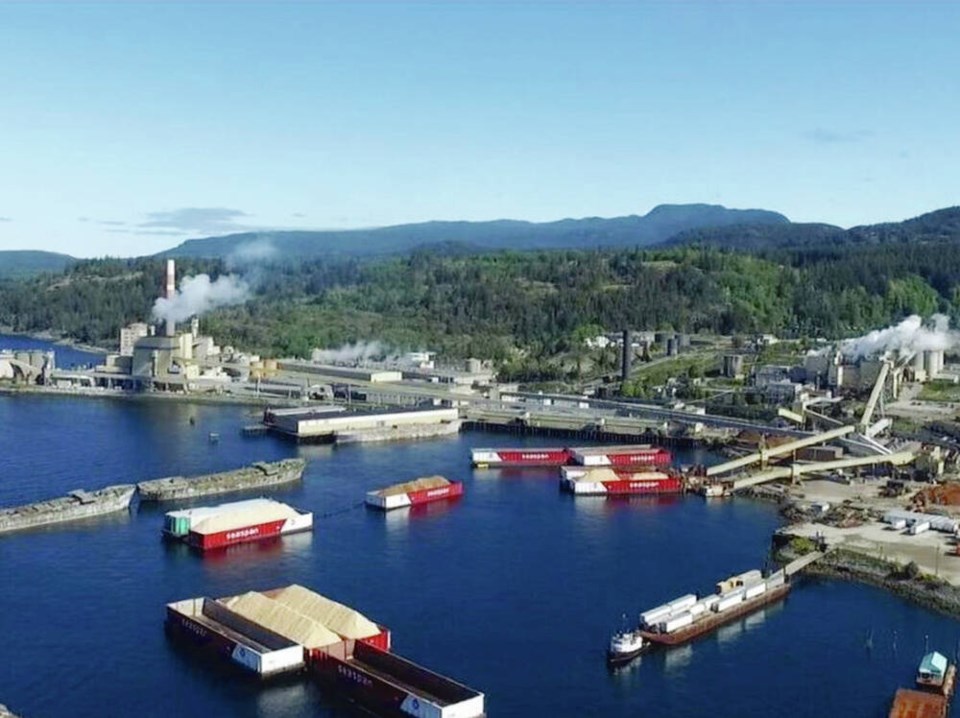Powell River has taken the first steps in examining whether the Sunshine Coast city should change its name.
The call to seek public input on the idea came from the Tla’amin Nation at a meeting of city, regional and Tla’amin governments last May and officially kicked off on March 1.
“The reason being, some in the Tla’amin Nation feel slighted, or pain, when they hear the name Powell,” Dave Formosa, the city’s mayor, said on Friday.
City namesake Israel Powell, B.C.’s superintendent of Indian affairs from 1872 to 1889, helped to ensure that the sale of Lot 450, land that included tiyskʷat village, went through, as well as overseeing the removal of children from their homes to be sent to residential schools, and the banning of potlatch, language and other Indigenous customs.
“He implemented what he was told to implement by the government,” Formosa said. The Tla’amin say,” from their research, that Mr. Powell also took it further and came up with his own ideas of what he felt should happen, and not just followed orders.
“Some [Tla’amin] members feel slighted and find the name offensive.”
Also, according to Tla’amin research, Powell was not involved with the founding of the paper mill or the town, and there is no record of him ever visiting Powell River.
Tla’amin Nation was mourning the death of two members on Friday and no one was available to speak to the issue, but in a news release the Tla’amin pointed to loss of land, language, culture, and family ties that are still felt today.
“This truth-telling work is difficult for all of us,” Tla’amin spokesman Harmony Johnson sɛƛakəs, co-chairman of the name-change group, said in the statement. “It is hard to talk and learn about these aspects of our shared history. I believe, however, that we can find positivity and meaning in this process by approaching this conversation with humility, kindness, and curiosity.
“We can all make a contribution to reconciliation in action by showing up as neighbours, willing to listen to and learn from one another.”
He and former mayor Stewart Alsgard are co-chairs of a committee that has launched a website and survey to measure public opinion between now and March 25.
Two other Sunshine Coast communities have already changed their names: Wilson Creek (south of Sechelt) is now called ts’uḵw’um, and Saltery Bay (east of Powell River) is now sḵelhp.
Should Powell River’s city council decide to go ahead in the coming months with officially changing the city’s name, it does not necessarily mean it will revert to tiyskʷat or be another Indigenous name, Formosa said.
Choosing a new name would entail a whole new process, the mayor said.



